Section 136
This page has information about when and how this section is used. It explains what your rights are on this section and also what could happen after it ends.

Section 136 is part of the Mental Health Act. This is a law.

- Police can use this section if they think you have a mental illness, and you need ‘care or control’.
- They can’t use this section when you are at home. Or if you are in someone else’s home.
- The police can use Section 136 to take you to a place of safety. Or to keep you somewhere, if you are already in a safe place.
- A place of safety could be your home, your friend’s or relative’s home, a hospital, or a police station.
- You should get a Mental Health Act assessment whilst on this section.
- You can be kept on this section for up to 24 hours. This can sometimes be extended for 12 hours.
- After your Mental Health Act assessment, you may be discharged or you may stay in hospital under a different section of the Mental Health Act.
- Under Section 136, you have the right to be told why you have been detained, get legal advice, ask the police or hospital to tell someone where you are, and get mental health treatment.
- You can’t be taken from your home under Section 136. But this can happen under Section 135.
About Section 136…
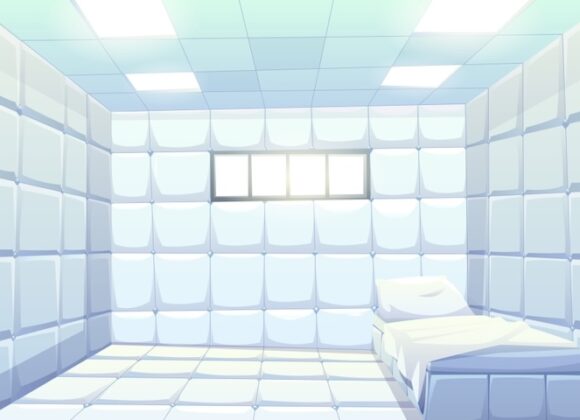
Section 136 (s136) is part of the Mental Health Act. The Mental Health Act is a law. S136 means that the police have the power to take you to a place of safety or keep you in a place of safety. It can’t be used to remove you from your own home, or someone else’s home. It is most often used in public places, like a street or park.
When is a Section 136 used?
Section 136 (s136) will be used if a police officer believes that you have a mental illness, and that you need immediate ‘care or control’.
They will use s136 if they believe that it is in your best interests or in the best interests of other people.
For example, they might be worried about you because of your behaviour.
The police officer doesn’t need medical evidence to keep you in a public place or take you to a place of safety. But they must check with a health professional, if they are able to, before s136 is used.
The health professionals they could speak to are…
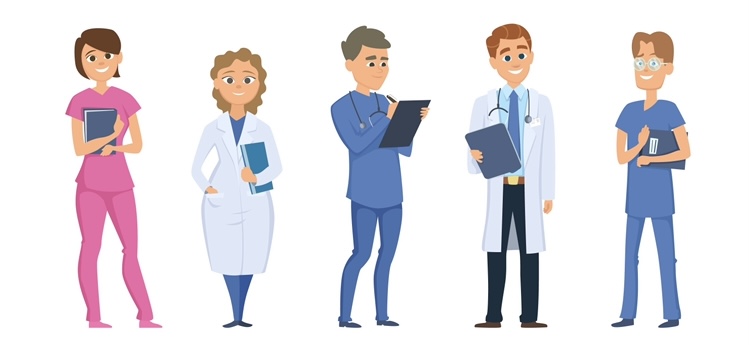
- a medical practitioner, like a doctor
- a nurse
- an approved mental health professional (AMHP)
- an occupational therapist
- a paramedic
A police officer cannot take you from the following places using s136…
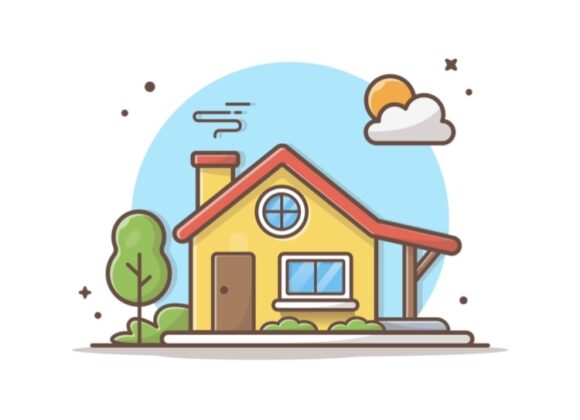
- your home
- someone else’s home
- a yard, garden, garage, or outhouse that is used in connection with the home
But they can remove you from a shared space, such as a communal garden or yard.
The police would need to use Section 135 (s135) of the Mental Health Act to remove you from your home or the other places mentioned in the list above.
Under s135, professionals would need a warrant to come in to these places to take you to a place of safety. The police can use force to come in, if they need to.
In an emergency, the police can force entry without a warrant.
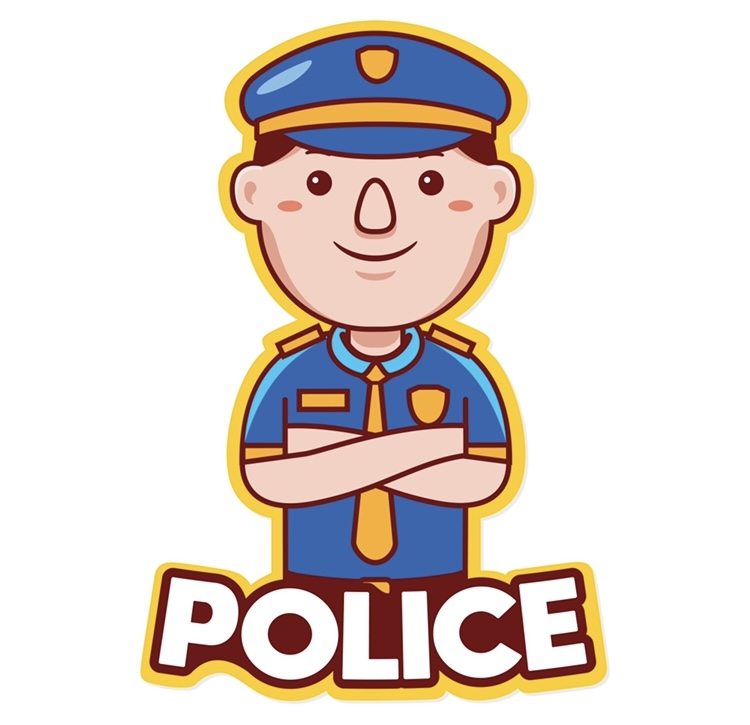
This would be under a different law.
What happens if a Section 136 is used?
This is what will happen…
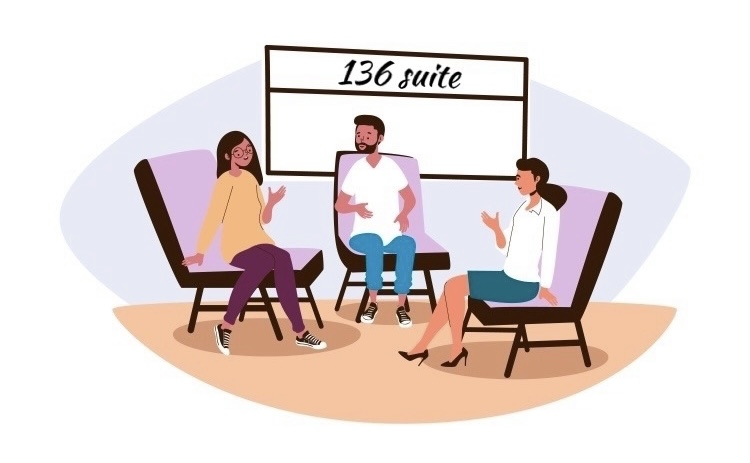
The police can keep you where you are, or take you to a place of safety. You should have a Mental Health Act assessment from a medical examiner.
The Mental Health Act assessment is to decide if you need to go to hospital.
What is a place of safety?
A place of safety could be…
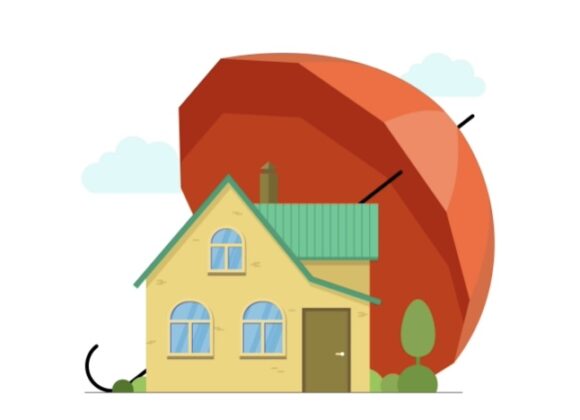
- your home
- the home of someone you know
- a healthcare setting, such as a hospital ward or accident and emergency (A&E) department
- a police station
A police station should only be used if there is no better option. You may be taken to a police station if you are thought to be too high a risk to people in a healthcare setting.
If you are taken to the police station, it doesn’t mean that you have done anything wrong. This should be clearly explained to you. The police can arrange for you to be seen by a medical assessor.
The police can move you from one place to another. For example, from the police station to a hospital.
You should be taken from the police station to a more suitable place as soon as possible. Unless it is in your best interests not to move you. A police station can’t be used as a place of safety if you are under the age of 18.
When will a home not be a place of safety?
Your home should not be used as a place of safety if…
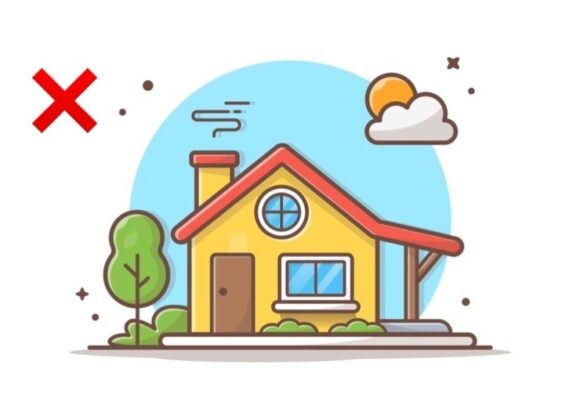
you don’t want it to be used. If you live in shared accommodation, both you and at least 1 of your housemates need to agree that you can stay there.
Your friend’s or relative’s home should not be used as a place of safety if…
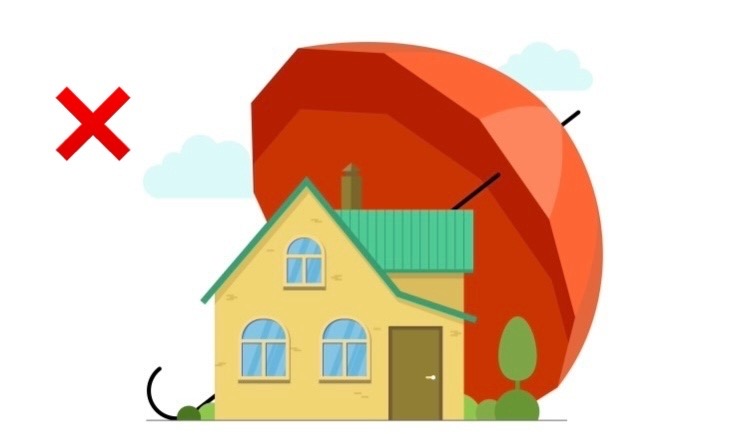
- you don’t agree it should be used
- someone who lives in the property doesn’t agree that it should be used
What professionals will I meet?
Under Section 136, you may meet the following professionals…
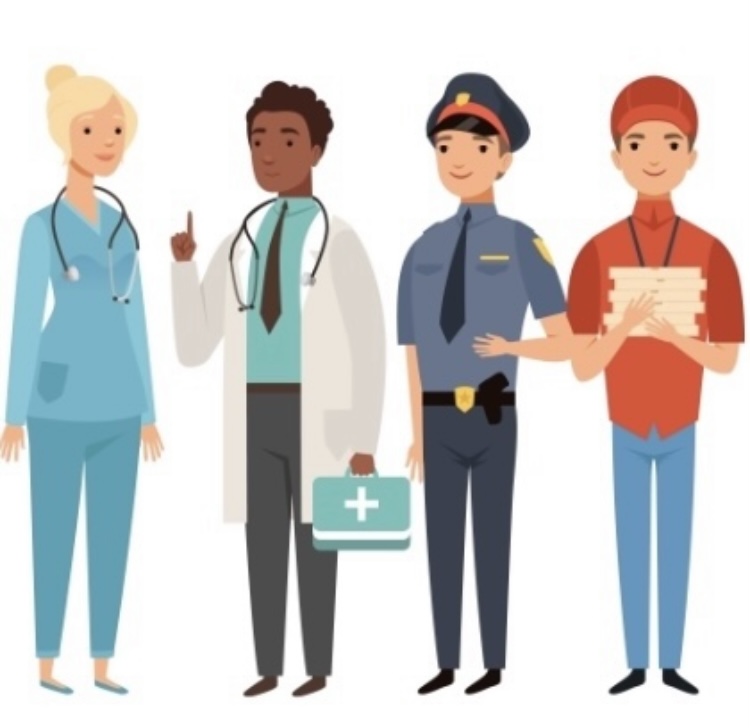
-
Police officer
A police officer will decide if Section 136 should be used. They could decide to hold you where you are, or take you to a place of safety.
A Medical examiner
A medical examiner will assess your mental health whilst you are under Section 136.
Approved mental health professional (AMHP)
An AMHP is a mental health professional who is trained to use the Mental Health Act. They can be a psychologist, nurse, social worker, or occupational therapist. They help to decide if you should be detained under the Mental Health Act. The role of the AMHP is to give a social, rather than a medical opinion. Even if they have a medical background. An AMHP can help to bring you to hospital.
Custody sergeant
You might come across a custody sergeant if you are taken to a police station. They are responsible for the safety of everyone at the police station. They will make sure you understand why you are there and what your rights are.
How long will I be on a Section 136?
You can be on this section for up to 24 hours. During this time, a medical examiner will assess your mental health to decide if you need to be in hospital or not.
A medical examiner can extend the section for up to 12 hours if…

- it is not possible for the assessment to be done before the end of the 24 hours
- your assessment is still going on at the end of the 24 hours
This rule only applies if they have not been able to assess you sooner because of the condition you are in.
A police officer at superintendent rank, or above, will need to agree to the extension if you are in a police station.
What are my rights?
If you are in hospital, the hospital managers have to make sure that you…
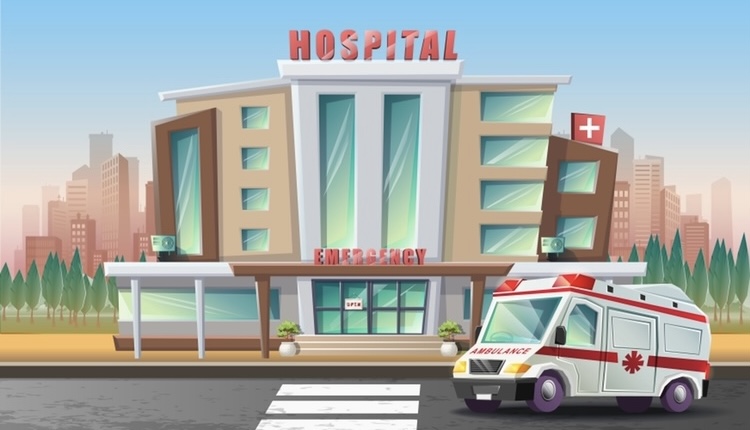
- understand why you have been detained
- have information about your detention
- are helped to get legal advice, if you ask for it
If the police take you to a police station, it doesn’t mean that you have done anything wrong.
Your rights in the police station are the following…
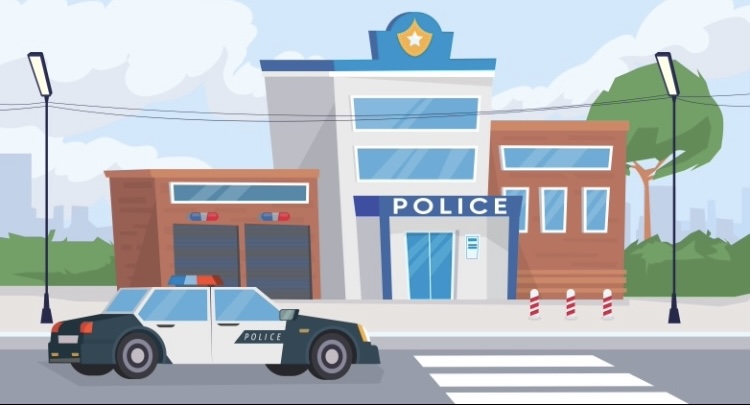
- You will be told why you have been detained
- The police will tell someone where you are, and what’s happened, if you want them to
- You will be told about your right to get free legal advice from a solicitor, if you want it
- You will get medical treatment from an appropriate healthcare professional, if you need it.
Can I be searched?
You can only be searched if the police officer believes that you…

- may be a danger to yourself or other people
- are hiding something on you that could be used to hurt yourself or other people.
Your mouth can be searched. If you are searched, you will not be asked to take off your clothes.
But you can be asked to take off your…
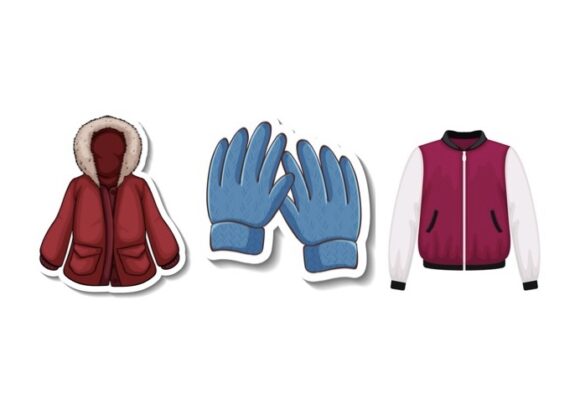
- outer coat
- jacket
- gloves
A police officer can keep anything they find on you. They can do this if they believe that you might use it to cause harm to yourself or other people.
You can’t be forced to take medication, or to have any other treatment while you are under Section 136.
You can only be given treatment that you don’t want if you are put under a different section of the Mental Health Act, such as section 2, section 3 or section 37.
What happens at the end of a Section 136?
After being on Section 136, 1 of the following things will happen…

- The approved mental health professional (AMHP) and 2 doctors decide that you need to be in hospital. You might go into hospital as a voluntary patient or you might be detained using a different section of the Mental Health Act such as section 2 or 3.
- The AMHP or medical examiner decides that you don’t need to be in hospital. You are free to leave. They may refer you for support from community services, such as the crisis team, community mental health team (CMHT), or your GP. You don’t have to accept help from them if you don’t want to.
- In an emergency, an AMHP and 1 doctor could detain you in hospital for 72 hours. But this is unlikely to be justified.
